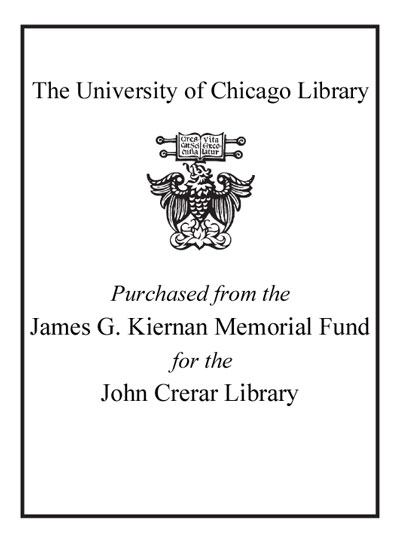Review by Booklist Review
In the midst of the deadly 1721 smallpox epidemic, two factions faced off in Boston over scientific innovation versus the Bible. A small but not inconsequential cadre believed that the previously unheard-of practice of inoculation would stem the spread of this serious disease. The larger community protested that the very notion of inoculation flew in the face of everything the Bible stood for. What's more, they insisted, it was bad science. The surprising twist here, without spoilers, is that the latterly iconic Puritan minister Cotton Mather led the group putting its faith in science. The opposition numbered among it the most prominent and powerful physicians of the day, joined by several of Mather's peers and community leaders and supported by members of the Boston press, including a teenaged Benjamin Franklin, who penned several scathing invectives criticizing Mather and his heretical proposal. Mather's reputation took a beating, but Franklin did an about-face on inoculation within the decade. With present-day controversy over vaccination, everything old is new again. And Williams' history is timely as well as engaging.--Chavez, Donna Copyright 2010 Booklist
From Booklist, Copyright (c) American Library Association. Used with permission.
Review by Publisher's Weekly Review
Historian Williams (Hurricane of Independence) explores a fascinating aside to American medical history-how "a Puritan minister and one lone doctor... stood up to the medical establishment" by carrying out the first-ever American inoculation program during Boston's 1721 smallpox epidemic. Here's the brilliant Puritan minister Cotton Mather, also a member of the prestigious British Royal Society, and Zabdiel Boylston, the doctor whom Mather persuaded to test out the theories of inoculation. The results were stunning. Out of 242 persons inoculated against smallpox, only six died. Despite this success, the public-including the young and brash Ben Franklin-loudly disapproved. If this account of the raucous, turbulent times is often stilted, the compelling details of the momentous experiment and the epidemic's devastating human toll speak for themselves. Williams argues that the campaign of Mather, the greatest preacher of his day, for inoculation illustrates the error of assuming that religion has always been "an impediment to the progress of modern science and reason." But his better story is the one of Mather, a spiritual man and loving father who-despite being the target of an attempted assassin-wanted nothing more than to save his family and city.Map. (Apr.) (c) Copyright PWxyz, LLC. All rights reserved
(c) Copyright PWxyz, LLC. All rights reserved
Review by Kirkus Book Review
A lively history of the 1721 Boston smallpox epidemic, the first in America to feature inoculation. During that time period, "inoculation" transferred the actual virus from a victim to the patient, producing mild, but occasionally serious, smallpox. Historian Williams (Hurricane of Independence: The Untold Story of the Deadly Storm at the Deciding Moment of the American Revolution, 2008) narrates through the lens of eminent Puritan minister Cotton Mather and Benjamin Franklin. Readers who think they know who championed this lifesaving advance are in for a jolt. The author delivers a history of Puritanism, emphasizing that most believers had no objection to the scientific discoveries of the Enlightenment period. Mather was an enthusiastic naturalist. Elected to the British Royal Society, he corresponded with other members in London and throughout Europe. As the epidemic spread, he urged inoculation, but only one Boston physician, Zabdiel Boylston, took him up on it. Others denounced it. The dispute mushroomed, producing a flood of pamphlets, abusive newspaper essays, decrees forbidding inoculation (which Boylston ignored) and even an attempt on Mather's life. Many attacks appeared in the New-England Courant published by James Franklin, whose younger brother, Benjamin, played a minor role. Some readers may skim extensive quotes from sermons, editorials and speeches teeming with personal attacks, rumors, anecdotes and appeals to religion. Ultimately, Mather's opponents ignored evidence that Boylston's inoculation worked, preferring to proclaim that it was useless, dangerous or a violation of God's will. A painless reminder that historical figures often become clichs. Now known as the epitome of Puritan intolerance, Mather had a genuine interest in science, unlike most doctors in 1721 Boston. Copyright Kirkus Reviews, used with permission.
Copyright (c) Kirkus Reviews, used with permission.
Review by Booklist Review
Review by Publisher's Weekly Review
Review by Kirkus Book Review


